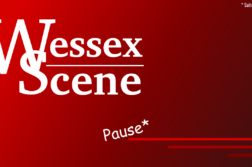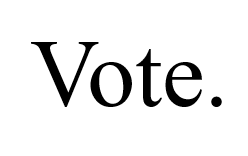The long awaited report into Russian interference in UK democracy has been published. Through all the spin and debate, it gives the damning verdict that the UK is Russia’s “top Western intelligence target” and that Russian interference is “the new normal”. As a member of NATO and enjoying a ‘special relationship’ with the United States, Russia sees the UK as an important pawn to push for its geopolitical agenda.
To achieve this, the Kremlin has attempted to infiltrate British public life. The report notes a lack of safeguards in place, with Russian money entering the country, with “few questions – if any” being asked. Three members of the House of Lords are identified as having ties to Russian business interests, whilst the report also found close associates of Vladimir Putin donating to British political parties.
Whilst Russia sees the UK as a top target for espionage, the attitude of successive British governments could not be more different. The report states that when the Cold War ended, British intelligence services shifted their attention from Russia to counterterrorism, no longer seeing the former communist state as a threat.
However, during this time, the threat from Russia failed to disappear. The report argues that the killing of Alexander Litvinenko in 2006 and the Annexation of Crimea in 2014 should have been wake-up calls, but it is only now that the government has begun to take Russia as a serious threat to British national security.
This failure to address the Russian threat left the UK vulnerable, with Intelligence Committee member, Kevan Jones, suggesting “no one” was protecting the UK’s democratic process. The report states that foreign interference in British politics has become a “hot potato”, with government bodies refusing to take responsibility. This has left the response to the Russian threat fragmented, failing to give clarity over which parts of government were responsible for dealing with it.
The report argues that Russian media outlets such as RT and Sputnik pushed pro-Brexit stories during the referendum, but does not say whether Russian meddling swung the result, stating that it would be very hard to prove this. Another member of the Intelligence Committee, Stewart Hosie, attacked the government, arguing that they were unable to find evidence of direct Russian interference, because they “actively avoided” looking into allegations that Russia sought to undermine the vote.
In order to safeguard polls and politics in future, the report suggests that the British government must adopt a more cohesive strategy for when it comes to dealing with foreign interference in British politics. Legislation should be pushed through to allow the security services to better respond to the threat. The report calls on social media companies to take an active role in removing content being used by foreign governments to undermine democracy. Finally it argues for a follow-up assessment on Russian interference in the 2016 EU referendum, but this has already been rejected by the government.
You can read the full report here.



